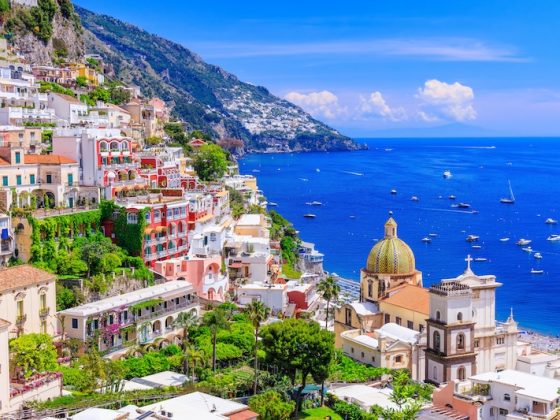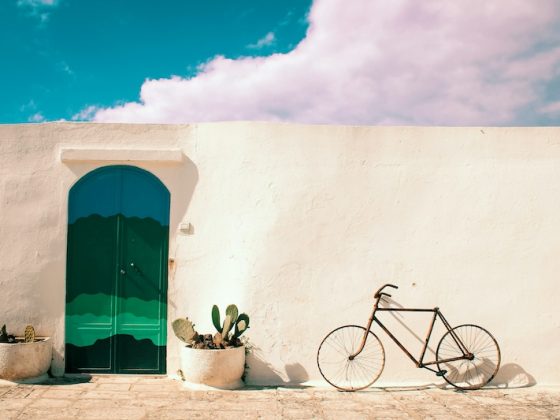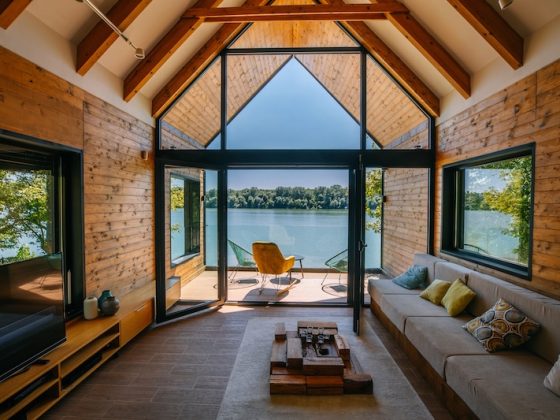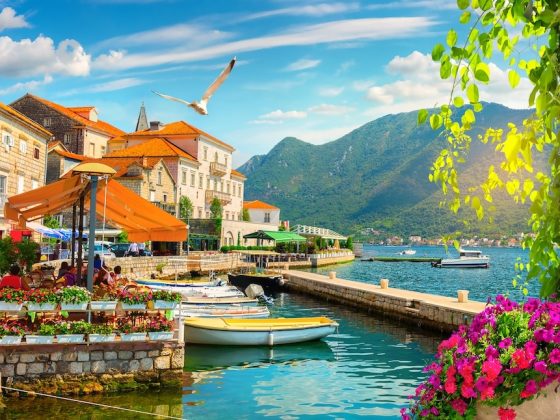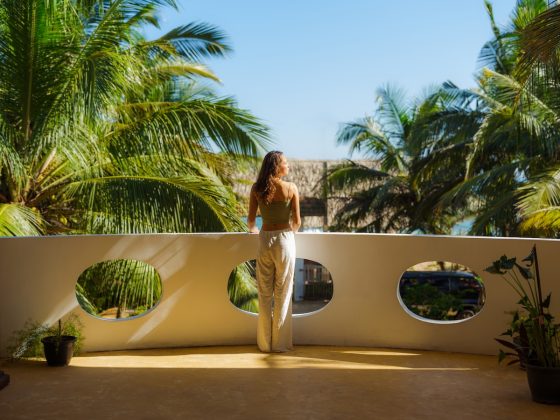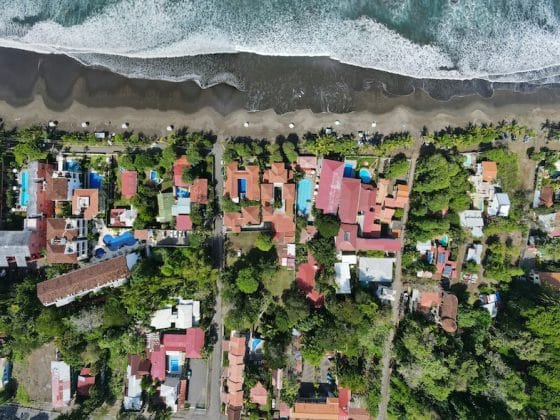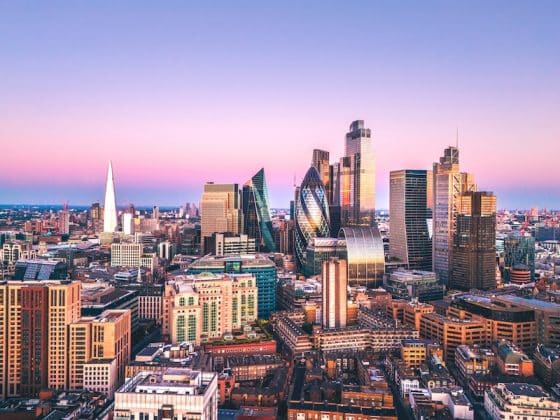For decades, moving abroad was a story about romance and reinvention — Mediterranean terraces, tropical beaches, mountain hideaways. But in 2025, the narrative has sharpened. The question isn’t just where will I be happiest? but where will my money work hardest for me?
Inflation has eaten into savings. Tax burdens in much of the developed world are heavier than ever. Housing in global capitals has slipped beyond reach for all but the ultra-wealthy. And at the same time, technology has dissolved the old tether to one location: it’s never been easier to run a business, invest, or work remotely from anywhere.
For expats, entrepreneurs, and retirees, relocation has become a financial strategy — a deliberate choice to live somewhere that keeps more of what they earn in their own pockets.
What “Keeping More” Really Means
For some, it’s about structural tax advantages — living in countries that only tax local income, or that exempt certain foreign earnings entirely. For others, it’s about stretching the budget in places where rent, food, and healthcare cost a fraction of what they do in London or Los Angeles. And for many, it’s the combination of the two: low tax regimes married to affordable living.
The destinations drawing expats in 2025 fall into clear categories:
- Territorial tax systems — only taxing local income.
- Low or zero personal income tax countries — for high earners looking to preserve capital.
- Affordable jurisdictions — where lifestyle costs are low even without major tax breaks.
- Residency or citizenship-by-investment — offering mobility, legal certainty, and financial advantages.
Here’s where the financially savvy are heading — and why.
Read more like this: Legally Reduce Your Taxes by Moving Abroad

Panama: A Classic for a Reason
Panama’s appeal has endured for decades. It offers one of the most straightforward territorial tax systems in the world — if you earn money abroad, you won’t pay Panamanian income tax on it. The Friendly Nations Visa makes residency accessible to many nationalities, and retirees can tap into the Pensionado Program, which grants generous discounts on everything from airfares to medical bills.
Panama City is a modern, service-driven capital with efficient banking, good healthcare, and a skyline that wouldn’t look out of place in Miami. Yet just a short flight or drive away, you’ll find the cooler mountain town of Boquete, where coffee plantations stretch across green hillsides and rent is a fraction of the capital’s.
Property ownership is straightforward, U.S. dollars are the currency, and the legal framework is transparent. For those seeking a base in the Americas with minimal friction — and a lot of financial sense — Panama remains a heavyweight.
Read more like this: Things to Know if You’re Moving to Panama
Portugal: Still Worth a Look
Portugal’s Non-Habitual Resident (NHR) tax scheme may be winding down, but the country remains an attractive mix of mild taxation, affordable healthcare, and enviable lifestyle. Digital nomads and retirees can still benefit from the D7 and Digital Nomad visas, granting residency in exchange for proof of stable income.
While Lisbon and Porto have seen costs rise, smaller cities — Coimbra, Braga, Évora — offer significantly cheaper housing and a slower pace. Portugal’s public healthcare system is excellent, private healthcare is affordable, and the country’s safety record is among Europe’s best.
For those who want a European base with a good quality of life and manageable taxes, Portugal hasn’t lost its charm.
Read more like this: Top 5 Places To Live In Portugal

Georgia: Europe’s Open Door
Georgia’s visa-free stay of up to one year for most Western passport holders is a rare policy in the world — and for freelancers, the Individual Entrepreneur tax regime offers a 1% tax rate on eligible business income. That combination makes Tbilisi a magnet for creative professionals and digital entrepreneurs.
The cost of living is low, from $500-a-month apartments in the city center to full dinners out for under $10. The capital blends café culture with winding cobblestone streets, and the countryside offers everything from Black Sea beaches to high Caucasus peaks.
It’s not without trade-offs: bureaucracy can be opaque, and infrastructure isn’t always at Western standards. But for those who value freedom of movement, a low tax burden, and a lively cultural scene, Georgia delivers.
United Arab Emirates: Tax-Free Ambition
The UAE’s zero personal income tax policy, advanced infrastructure, and strategic location make it a serious contender for wealth builders. Dubai is a hub for entrepreneurs, with free zones that allow 100% foreign business ownership and no corporate tax for many sectors.
Yes, the cost of living is high — but for high earners, the savings on tax far outweigh the expenses. Luxury apartments, five-star dining, and international schools coexist with a robust business ecosystem and direct flights to nearly every major city in the world.
Many expats treat Dubai as a wealth-accumulation chapter before moving on to lower-cost destinations for retirement.
Read more like this: How to Retire Tax-Free Abroad

Paraguay: Latin America’s Low-Cost Secret
Paraguay is one of South America’s most accessible low-tax jurisdictions. Its permanent residency program is inexpensive and straightforward, offering a territorial tax system where only locally sourced income is taxed. The cost of living is among the lowest in the region — you can rent a spacious apartment in Asunción for a fraction of what you’d pay in neighboring capitals.
The capital itself is relaxed and unpretentious, with open-air markets, leafy plazas, and a pace that feels decades slower than Buenos Aires or São Paulo. The climate is warm year-round, and expats often remark on the friendliness of the Paraguayan people.
While infrastructure is improving, it’s not yet at Western standards, so Paraguay appeals most to those who value cost savings, personal freedom, and a slower, more localized way of life over urban polish.
Uruguay: Stability Meets Tax Planning
Uruguay offers political stability, solid infrastructure, and a five-year exemption on foreign income for new residents — extendable to ten years. Its banking system is robust, and property rights are secure. Montevideo has a European feel, while Punta del Este offers high-end coastal living.
Taxes on local income are moderate, and the government encourages foreign investment. For those wanting a safe, stable, and transparent jurisdiction in South America, Uruguay is a quiet but compelling choice.
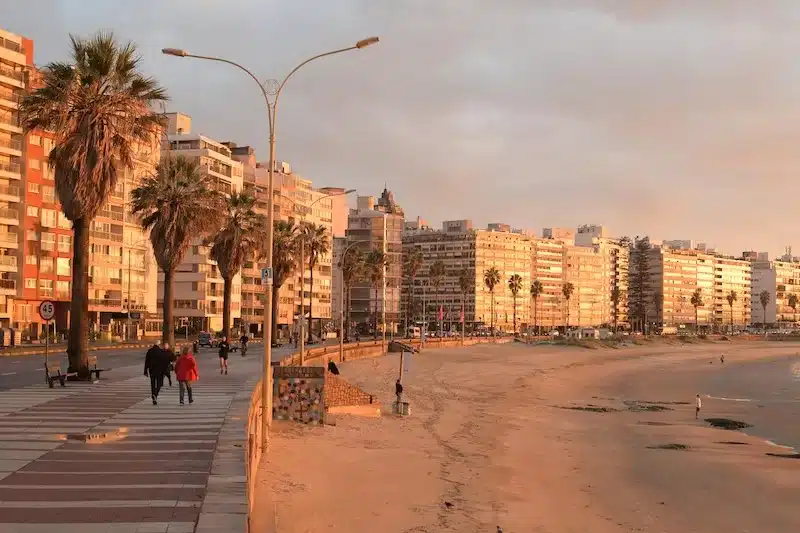
Malaysia: Territorial Taxes and MM2H
Malaysia combines a territorial tax regime with the Malaysia My Second Home program, which allows long-term stays for those meeting income and asset thresholds.
Kuala Lumpur is a modern, affordable capital with excellent healthcare and English-speaking professionals. Penang offers a slower, cultural pace, while Johor Bahru is a short hop from Singapore — at a fraction of the cost. The climate is tropical, the cost of living low, and the expat infrastructure strong.
The Caribbean: Passports and Planning
For those wanting tax freedom and mobility, several Caribbean nations — St. Kitts & Nevis, Antigua & Barbuda, Dominica, Grenada — offer citizenship by investment. Many levy no personal income, capital gains, or inheritance taxes.
Beyond the financial benefits, these islands offer a relaxed pace of life, warm weather, and community-centered living. Some expats live here full-time; others use their citizenship as part of a multi-country lifestyle.
Read more like this: How to Avoid Double Taxation
Cyprus: Low Taxes in the Med
Cyprus blends European stability with some of the most favorable tax rules in the region. The corporate tax rate is just 12.5%, and certain types of foreign income — including dividends and capital gains — are exempt from local tax. It’s also part of the EU, which means residency here grants you access to the European single market, Schengen-area travel, and EU consumer protections.
English is widely spoken, and the legal system is based on British common law, making it easier for expats to navigate. The banking system is modern, property prices are reasonable compared to Western Europe, and there’s a growing digital nomad presence in cities like Limassol and Nicosia.
Life here is Mediterranean in rhythm — sun-soaked summers, mild winters, and a cuisine rich with Greek and Middle Eastern influences. For expats, it’s a rare mix of lifestyle and structural tax advantages in one package.
Read more like this: Cyprus’s Forgotten North
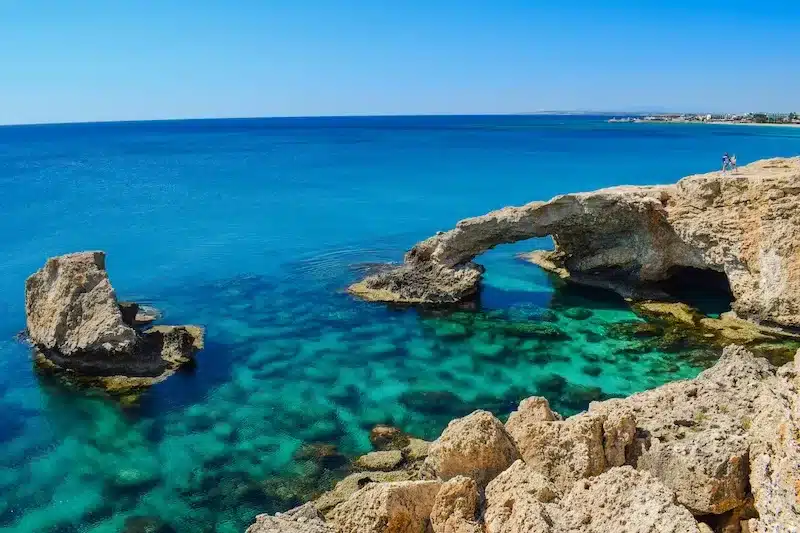
Andorra: Mountain Privacy and Low Tax
Between France and Spain lies Andorra, a tiny principality that consistently ranks among the world’s safest countries. It offers personal income tax rates capped at 10%, low corporate taxes, and no inheritance or wealth taxes. That, combined with its political stability, makes it a magnet for entrepreneurs and high-net-worth individuals seeking discretion and favorable tax planning.
The scenery is a big part of the appeal: ski resorts in winter, hiking and cycling in summer, and clean mountain air year-round. While residency requires a minimum investment, the process is straightforward, and residents enjoy high-quality healthcare, modern infrastructure, and excellent education options.
For those seeking a secure European base with privacy protections and low taxes, Andorra delivers both in a postcard-perfect alpine setting.
Thailand: Lifestyle and a Territorial Advantage
Thailand’s appeal is deepening with recent clarifications to its tax rules — only Thai-sourced income is taxable, meaning offshore earnings can remain untouched if structured properly.
The country’s new Long-Term Resident visa targets high-income earners, investors, and retirees, while the Thailand Elite Card provides extended stays for those willing to invest in membership.
Bangkok buzzes with cosmopolitan energy, Chiang Mai is a haven for creatives, and the islands offer tropical calm. Healthcare is high quality and affordable, and the cost of living remains low outside tourist hotspots.
Read more like this: Things to Know if You’re Moving To Thailand

The Bigger Picture
Maximizing income retention isn’t just about chasing the lowest tax rate. The real win is finding a place where taxes, costs, lifestyle, and opportunity align. A destination that feels right to live in — not just on paper.
Some expats choose one “forever base.” Others build a multi-country strategy: earning in one place, living in another, and vacationing in a third. The key is flexibility — and ensuring that every move is compliant with both local and home-country laws.
Your Plan B
Keeping more of your money isn’t about dodging responsibilities; it’s about structuring life so your work and capital serve your own future. In 2025, that might mean a bank account in Dubai, a home in Panama, winters in Thailand, and summers in Portugal — or any combination that suits your priorities.
Somewhere out there is a city, island, or mountain village where your income goes further, your taxes go down, and your life feels more like your own. The next step is simply choosing where that is.
Read more like this: Top 10 Countries with the Highest Taxes
Contact Author
"*" indicates required fields
Stay Ahead on Every Adventure!
Stay updated with the World News on Escape Artist. Get all the travel news, international destinations, expat living, moving abroad, Lifestyle Tips, and digital nomad opportunities. Your next journey starts here—don’t miss a moment! Subscribe Now!



